Many people face the problem when gases accumulate in the intestines. What to do in such cases? What doctor to seek help? What are the causes of increased gas formation? Answers to these questions are interested in many readers, because you agree, meteorism is extremely unpleasant phenomenon.
What is a meteorism?
The meteorism is called a condition that is accompanied by increased formation and accumulation of gases in the intestine. Normally, a healthy person per day through the intestines is approximately 600 ml of various gases.
But when exposed to some factors that will be described below, gas connections begin to accumulate in the lumen of the intestine. Moreover, along the surface of the mucous membrane, they form a film that prevents the normal functioning of tissues and, accordingly, negatively affects the processes of digestion.
How and where are the gases formed?
Most of the gases in the intestines are formed as a result of fermentation processes, as well as the vital activity of bacterial microflora.
The main external causes of increased gas formation
High gas formation is extremely unpleasant phenomenon both with physical and emotional point of view. So why accumulate gases in the intestines? Immediately it is worth saying that they can be both external and internal.
For example, quite often increased formation of gases is associated with the features of a person's diet. Some foods (in particular, bean, cabbage, carbonated drinks) contribute to reinforced gas formation. In addition, there is a negative in the state of the intestine, the habit of quickly pulling food, poorly chewing it. Overbinding is another cause of gases accumulation, because the digestive tract simply does not cope with the digestion of a large number of food, as a result of which the processes of rotting and fermentation begin in the intestines.
Meteorism as a sign of a disease of the digestive tract

If you are disturbed by constant gases in the intestine, then you should consult a doctor. The fact is that chronic meteorism may indicate the presence of more serious problems. One of the most common causes of gases is a bowel dysbiosis. The disease is characterized by a change in high-quality and quantitative characteristics that affects the digestive processes.
In addition, some inflammatory diseases of the digestive system organs can be attributed to the reasons for increased gas formation. The work of the gallbladder also affects the processes of food.
If we are talking about constant accumulation of gases in the intestine, then there is a possibility of the presence of a mechanical obstacle, for example, polyps, tumors, solid powerful masses, etc. It can be seen that there is a huge number of reasons why gases in the intestine are formed. What to do in such cases? Of course, it is worth consulting a doctor.
Other symptoms of meteorism
Strong gases in the intestines are far from the only symptom of meteorism. Such a condition is accompanied by other, no less unpleasant violations. First of all, it is worth noting that the accumulation of gases is accompanied by stretching and the reflex spasm of the intestinal walls. In turn, such a phenomenon provokes pain syndrome. Sometimes there is soreness and in the heart of the heart, which is associated with the pressure of intestinal loops on the diaphragm.
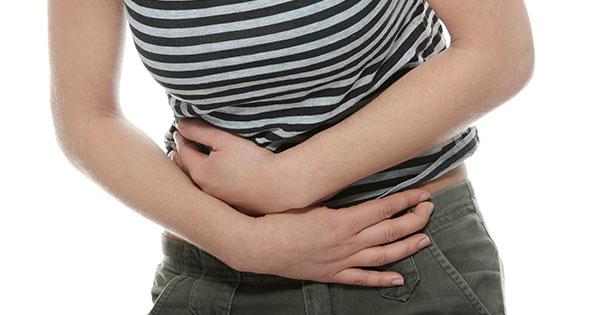
The symptoms include constant belching - so the body is exempt from excess gases. The meteorism is often accompanied by flaventuation - the rapid release of gases through the rectification, which, you see, is not too nice.
Basic Methods of Modern Diagnostics
If gases accumulate in the intestines, then you should consult a doctor. As a rule, anamnesis and physical inspection is enough to suspect the presence of a problem. Diagnostics in this case is aimed at detecting the cause of increased gas formation.
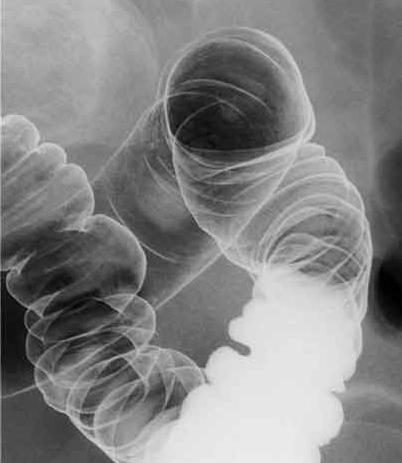
To this end, the patient gives blood samples and feces for analysis. By the way, the study of carts will help determine the presence of dysbiosis. Contrast radiographic study of the intestine allows you to detect a mechanical obstacle.
Gases in the intestines: how to treat with the help of drugs?
Of course, therapy in this case directly depends on the condition of the patient and the main causes of increased gas formation. So what should gases accumulate in the intestines? How to treat such a condition?
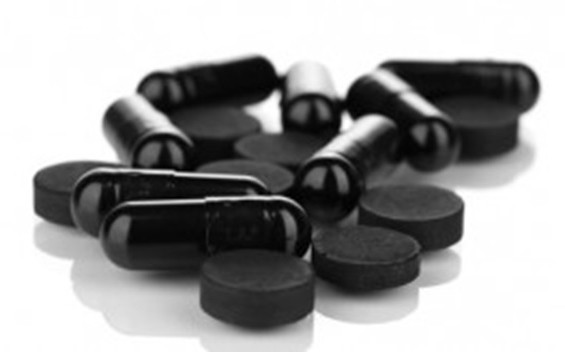
Modern medicine offers a mass of drugs capable of eliminating bloating and other patients with antispasmodic preparations, which reduce discomfort. In addition, the therapy of increased gas formation includes the reception of adsorbents, in particular, activated carbon, white clay, polysorba. These drugs help to clean the body from toxic substances, at the same time preventing the absorption of gases into the blood.
Dysbacteriosis recommends probiotics. Linex, "Bifidumbacterin" and some others are considered quite effective. These drugs contain live strains of beneficial bacteria, so they quickly restore the natural microflora and normalize digestion.
Sometimes elevated gas formation indicates a violation of the secretion of digestive enzymes. In such cases, temporary replacement therapy is needed. Patients accept "Mezim", "Pepsin", "Pankreatin", "Creon" and some other drugs that accelerate the processes of digestion of food, preventing its subsequent rotting and fermentation.
What products should be refused?
If you are tormented by permanent gases in the intestine, it is possible to revise your diet. After all, there are certain categories of products that contribute to enhanced gas formation.
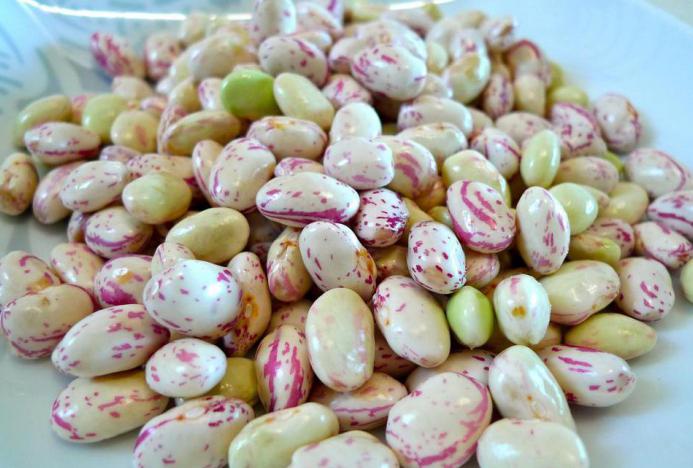
First of all, the "prohibited products" should include simple carbohydrates. For example, Raffinosa contained in Bobs strengthens gas formation processes. Also this substance is rich in pumpkin, asparagus, grain, artichokes, broccoli, Brussels cabbage. It is also worth limiting the amount of raw vegetables and fruits, as they contain pectins. If you get into the digestive system, these fibers turn into a gel mass, which is split in the thick intestine, forming a large amount of gases.
What to replace forbidden products. Vegetables and fruits can be eaten, but in small quantities preferably in boiled or baked form. It is worth incorporated into the diet of proteins, as well as fats of plant origin.
By the way, there is best often, but in small portions - it will make it easier for the intestinal load. In addition, experts recommend that there is slowly, carefully chewing food, in order not to collect additional air.
Gazes in the intestine: what to do? Recipes of traditional medicine
Of course, there are a lot of people's recipes that can facilitate the patient's condition. So use if you are tormented by gases in the intestine? What to do in order to get rid of pain? In fact, eliminate soreness and bloating helps heat. Therefore, people recommend to apply a warm height to the stomach.
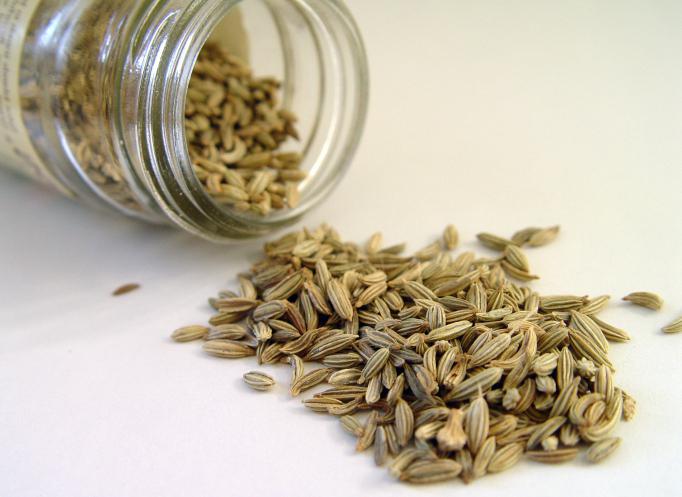
There are more unusual gases in the intestines. For example, some folk digits recommend to lubricate the stomach by melted butter during an acute bol attack. Abdomen massage clockwise will also help improve well-being.
Waterproof products will help to get rid of the problem. From gases in the intestine, the decoction of dill seeds helps well. To prepare it, you need to pour a tablespoon of seed with two glasses of steep boiling water, cover the capacitance with a lid and leave for three hours. The resulting decoction to strain and drink during the day, dividing on 3-4 portions, is better to take the medicine before meals.
The fenhel seeds are also a well-known means of bloating. By the way, in the pharmacy you can buy ready-made tea bags. But remember that you can apply similar recipes only with the permission of the attending physician.





